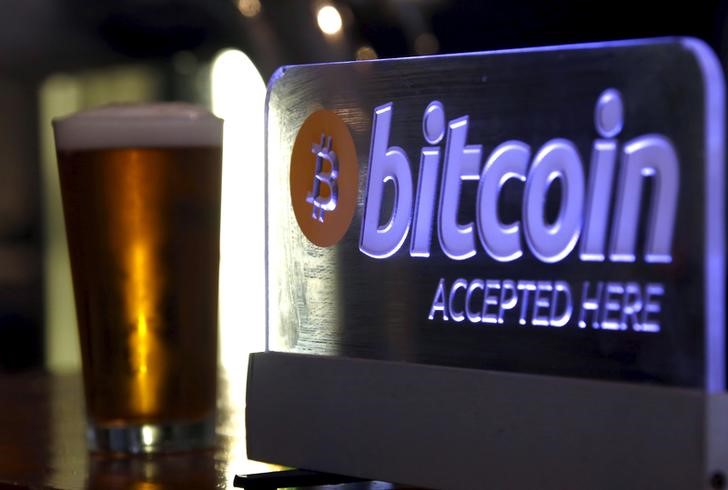With the crypto markets in a clear consolidation phase and prices of leading cryptocurrencies correcting significantly from their all-time highs (ATH), many long-term crypto investors are looking at earning additional revenue from their crypto holdings.
Staking crypto tokens offers one such avenue to earn an additional income and is available on blockchains that adopt the Proof-of-stake (PoS) consensus model. While there are a number of crypto tokens that can be staked, platforms such as Binance, Kraken, and Coinbase (NASDAQ:COIN) Global Inc (NASDAQ: COIN) among others are a starting point for investors looking at staking.
What is blockchain? In simple terms, a blockchain is a decentralized digital ledger system for recording transactions by involving several computers or nodes, thereby establishing a peer-to-peer rather than a centralized network.
All transactions are maintained with complete trust as ‘blocks’ of data, which cannot be altered by any node in the network or the developers of the blockchain itself.
In this way, trust is preserved between all parties without dependence on a central authority or any other third party and the transactional ledger is distributed across the entire network of nodes.
For Proof-of-work blockchains like Bitcoin, the nodes need to expend effort in solving complicated mathematical puzzles in order to mine crypto tokens and validate transactions.
However, for Proof-of-stake (PoS) blockchains, nodes act as validators based on the number of native tokens they hold or lock with the blockchain.
Validators earn crypto tokens as rewards for their token contribution and since they are often required to commit a large number of tokens to be eligible, they resort to opening staking pools and inviting retail investors to contribute.
What is staking? As seen above, it is often not possible for retail crypto investors to become validators on a PoS blockchain due to the large number of tokens needed. A staking pool acts as a tool that allows multiple crypto token holders to contribute their tokens to the pool ‘operator’, who in turn is accredited with validator status on the underlying blockchain.
Available on a number of crypto platforms today, most crypto investors suffer from a lack of awareness about the benefits offered by staking and the potential to earn income through passive investing. Since the blockchain provides tokens to the pool operator in lieu of the total tokens lent, investors are eligible to earn rewards in proportion to their token contribution.
Also Read: Chinese City Of Shenzhen Records 2.6 Million Signups For Its CBDC
How to earn income via staking and common mistakes to be avoided? According to Staking Rewards, the leading data provider for staking and crypto-growth tools, there are 205 yield-bearing digital assets with 232 trusted providers operating today. Investors would do well to choose notable crypto exchanges over private staking pools, even if the latter offers a higher APY.
Since the staked tokens act as a guarantee for the blockchain, blocks formed with invalid or fraudulent transactions could result in the blockchain burning some or all of the staked tokens.
These risks were seen with the PancakeSwap (CAKE) token, which has lost more than 90% of its value from its ATH in May 2021.
Offering users the option of staking CAKE on its platform, those who had invested their tokens in PancakeSwap’s staking or liquidity pools would have seen their overall invested capital erode quite spectacularly during that period.
Once you decide to join a staking pool, the staked crypto tokens are locked in a specific blockchain address belonging to the operator, resulting in the loss of direct control over the staked tokens.
It is recommended to opt for staking pools that allow investors to retain their holdings on a hardware wallet for more security.
Considering that validator rewards are distributed to investors after deducting the platform fee, it is important to factor all such fees to arrive at the real returns that could be generated from the tokens staked.
Investors ought to choose staking pools that are ranked higher and which provide regular updates about performance while maintaining the transparency of operations.
© 2022 Benzinga.com. Benzinga does not provide investment advice. All rights reserved.
